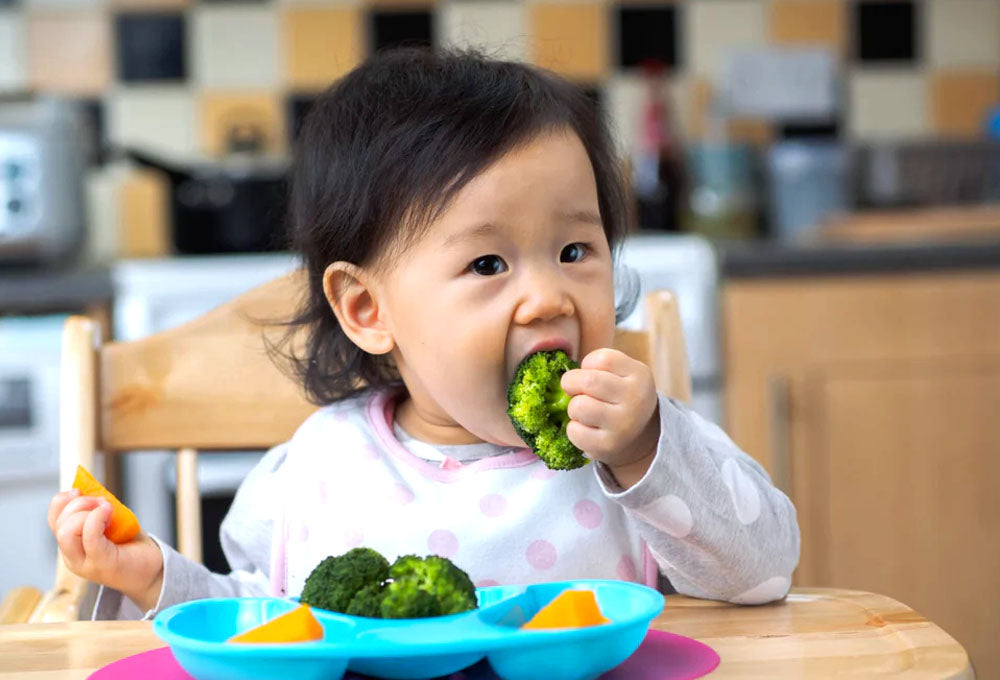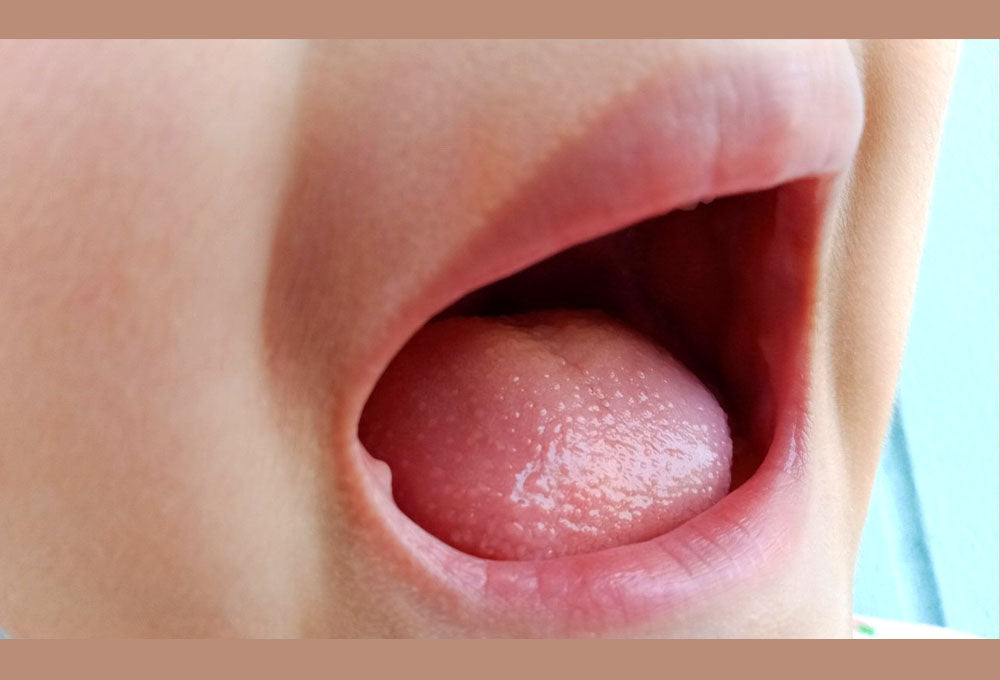This month Theresa from Your Family Nutritionist talks about nutrition for the older generations in order to keep healthy during their 'golden years'
Nutrition and ageing
We all know the importance of good nutrition across the lifespan and how it can prevent chronic illnesses and disease in our bodies. The need for a good variety of fresh fruits and veg, more plant-based foods, more water and less salt and sugar is a standard message for all humans however, as we age, nutritional needs will start towhen thinking about vary.
This is due to the number of changes going on in our bodies which then mean our nutritional needs change too. The risk of illnesses such as cancer, respiratory tract infections, heart disease and osteoporosis increase as our age increases. The end goal is to improve and prolong health and this is termed “healthy aging”.
The over 65’s is now the fastest growing age group in the UK therefore it is vital that we ensure that this group of people are being educated about the importance of maintaining good nutrition every day.
So, what do we need to think about? Compared to younger adults, older adults typically require less calories but more of certain macro and micronutrients. This is especially important because as we grow older, our body’s ability to absorb nutrients reduces with age. Let’s have a look at the main nutrients we need to think about.
Protein
Aging means our lean muscle reduces and research has shown that older adults are not consuming the recommendations of protein that they should be to prevent muscle wasting. Maintaining a good intake of protein is essential to reduce the risk of falls and loss of strength. Main protein sources include meat, fish, pulses and eggs and these should be eaten daily.
Vitamin B12
The acid in our stomach which is vital for the absorption of Vitamin B12 is reduced as we age. Vitamin B12 is essential for the production of red blood cells which are needed to move oxygen around the body. Without enough oxygen, your body won’t work as well and you will experience fatigue, muscle weakness, numbness, difficulties in walking and weight loss.
Foods high in Vitamin B12 include meat, fish, milk, cheese and eggs. If you are a vegan, it is essential that you take a vitamin B12 supplement.
Calcium and Vitamin D
Calcium and Vitamin D are essential for maintain strong bones and teeth as well as muscle strength. Vitamin D is also vital to keep our immune system strong.
Not getting enough of both nutrient means there is an increased risk of bone thinning, fractures, osteoporosis. All adults are advised to take a supplement of 10ug of Vitamin D in the winter months or all year around if they are not getting outside in the summer. The sun is the best source of vitamin D, and it is very hard to get the recommended amount from foods (there aren’t many foods high in vitamin D unfortunately).
Fibre
Our digestive system and gut are responsible for the movement of food from the mouth through the throat, oesophagus, stomach, small intestine, large intestine and out of the body. As we age, this movement slows down which can lead to issues such as constipation and stomach pain. Fibre really helps to keep food moving around the digestive tract and to keep us “regular”. It also reduces the risk of colon cancer. Fibre is also though to reduce the risk of heart disease and type 2 diabetes.
Including high fibre foods in your diet is essential and one cohort study showed that those adults who have higher intake of fibre have the greatest change of achieving healthy aging, defined as an absence of certain diseases.
Great sources of fibre include wholegrain breads, rice, pasta, pulses, beans and green veg.
Sodium
Salt in the diet is important in small amounts but too much sodium (from salt) can raise the risk of blood pressure which then leads to an increased risk of heart disease and stroke.
Try and choose low salt products such as low salt stock cubes, unsalted butter, using other flavourings such as herbs and spices and not adding extra salt to your plate of food.
Hydration
Older people can be vulnerable to dehydration due to the physiological changes in their bodies. Did you know as you age, there becomes a reduced sensation of thirst and this is very common in people with Alzheimer’s disease or stroke patients.
Reduced hydration is associated with poor health outcomes such as increased risk of hospital stays. Negative affect on mental functions including memory, concentration and reaction time. Low blood pressure, sores and skin conditions can also occur through not enough hydrations.
It is really important that the elderly try and drink 6 to 8 glasses of fluid each day and fluids that they enjoy! This can be hot or cold drinks but not too many caffeinated drinks. Having a full glass of water to take medication is a great idea. Having hydrating foods such as soups, fruits, ice lollies and yogurts are also important.
There are so many things to consider if we are aging in terms of our physiology which can also have a knock-on affect on our nutrient intake. These are a few things to consider:
- Chewing ability and dentures. This can lead to issues such as not being able to chew fruits or veg and high fibre foods.
- Mental health. Many older people suffer with issues with their mental health and this can actually reduce our natural appetite.
- Medication can impact on the absorption of some vitamins and minerals
- Strength in our bodies can impact even the smallest act of lifting a spoon or fork to our mouths.
If you are in the “golden years” or supporting someone who is, it is really important that they try and keep as healthy as possible. There is no doubt the power of a healthy diet in maintaining a healthy body and mind and so including all the nutrients mentioned here, on a regular basis, keeping active where possible and keeping hydrated each day is essential.
There is no medicine for old age however food is medicine and the right kind of relationship with food can make a positive impact on your health!
If you are interested in a personal consultation please visit Your Family Nutritionist website to find out more.
Click here to read more blogs on Health and Wellbeing







1 comment
aged care catering Australia
A balanced and varied menu promotes overall health and well-being among the elderly residents.
https://catercare.com.au/our-markets/retirement-aged-care/
A balanced and varied menu promotes overall health and well-being among the elderly residents.
https://catercare.com.au/our-markets/retirement-aged-care/